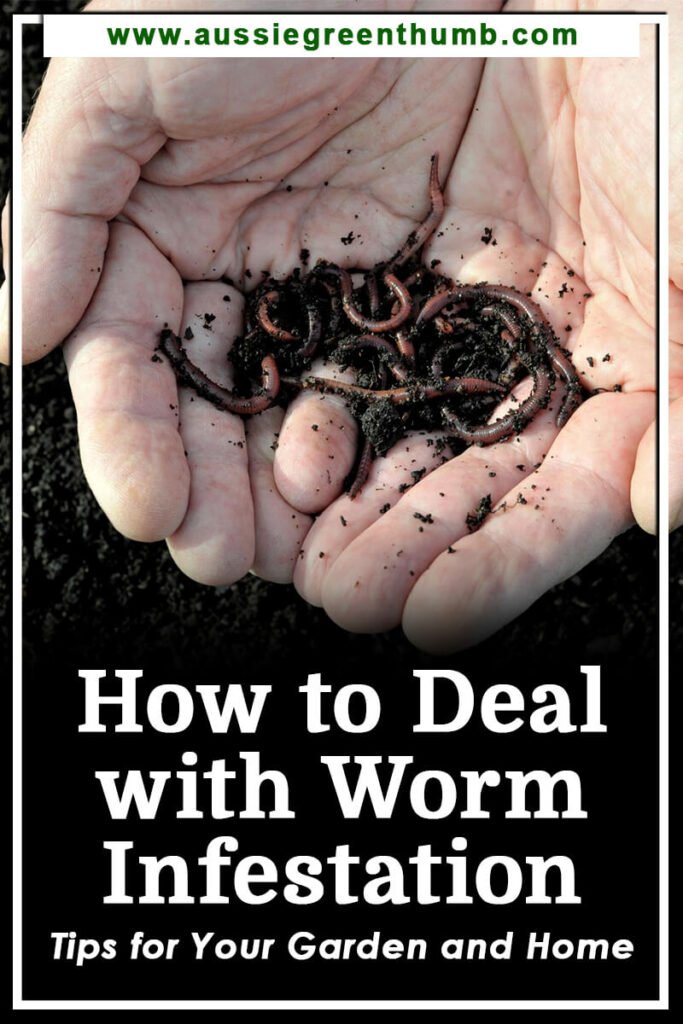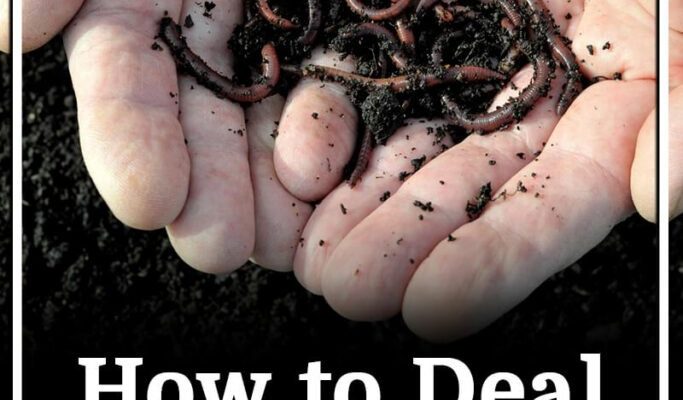
Worm infestations may not sound like a daunting threat at first, but they can quickly turn your lush paradise into a messy disaster if you aren’t careful. Imagine inviting a few friends over for a cozy dinner only to have them bring along a much larger, rowdy group. That’s pretty much what happens when you allow worm populations to explode in your garden. So, let’s dive into some essential sanitation tips that will keep your garden free of these critters and help it flourish.
Understanding Worm Infestations
Before we jump into prevention techniques, it’s helpful to understand what kinds of worms can invade your garden and why they’re attracted to it. Many gardeners face issues with cutworms, cabbage worms, and earthworms—each presenting different challenges. Cutworms can be particularly troublesome as they feed on young plants and can leave devastating damage overnight.
Worms thrive in moist, nutrient-rich environments, which is often what gardeners create through organic mulching and composting. While this is great for your plants, it can also create a perfect breeding ground for these pests. So, if you’ve noticed telltale signs of infestation, like chewed leaves or squirming critters in the soil, it’s time to roll up your sleeves and clean house.
The Importance of Regular Cleaning
Cleaning your garden may not seem as flashy as planting a new flower bed, but it’s a vital practice for keeping pests at bay. Regularly removing debris—like dead leaves, fallen fruits, and old plant materials—can significantly reduce the chances of worm infestations. These materials can attract worms and provide them with a cozy habitat to multiply.
Consider a weekly or bi-weekly cleaning schedule. Spend just a few minutes picking up debris and clearing out any dead plants. You can even make it a fun activity—play your favorite playlist while tidying up! Just think of it as tidying up your living room. The cleaner your garden space, the less likely you are to host unwanted guests.
Proper Composting Practices
If you’re composting, it’s essential to do it right. Compost is a fantastic way to enrich your soil, but if not managed properly, it can become a worm magnet. Make sure your compost pile is well-aerated and balanced with both green (nitrogen-rich) and brown (carbon-rich) materials. A good mix will help to maintain the right conditions and keep worm populations in check.
Keep an eye on moisture levels, too. You want your compost to be damp but not soggy. If it’s too wet, it can become a breeding ground for worms. Turning your compost regularly can also help keep it aerated and speed up the decomposition process, making it less appealing to worms.
Avoiding Overwatering
While plants need water to thrive, overwatering can lead to problems—not just for your plants but for your entire garden. Excess moisture creates a perfect environment for worms and other pests to flourish. So, how do you know when to stop watering?
Start by checking the soil with your fingers. If the top inch feels dry, it’s time for a drink. Using mulch can help retain moisture without over-soaking the soil, reducing the opportunities for worms to set up shop. Just think of mulch as a cozy blanket for your plants—keeping them warm and snug without getting too wet.
Using Organic Pest Control
In the battle against worm infestations, organic pest control can be your best friend. Instead of immediately resorting to chemicals, try natural solutions to defend your garden. This might include introducing beneficial insects, like ladybugs, which help keep harmful worm populations in check.
You can also use natural repellents, such as diatomaceous earth or neem oil. These products are effective yet safe for the environment. Just sprinkle diatomaceous earth around your plants, or mix neem oil with water and spray it on affected areas. These organic methods can drastically reduce worm numbers without harming beneficial insects or your garden.
When to Call in Professionals
Sometimes, despite your best efforts, worm populations can get out of hand. If you notice significant damage to your plants or a large infestation that seems impossible to manage, it may be time to call in a professional. Local pest control services often have eco-friendly options that target specific pests without harming the garden’s ecosystem.
Don’t hesitate to reach out for help if things get overwhelming. Just like calling in a friend to help you clean your house, sometimes, a fresh perspective can make all the difference.
Final Thoughts on Garden Sanitation
Keeping your garden clean and well-maintained is the key to preventing worm infestations. Just remember the basics: regular cleaning, proper composting, mindful watering, and natural pest control options. By sticking to these guidelines, you’ll create an environment that’s not only beautiful but also healthy for your plants.
So, next time you’re out in your garden, take a moment to appreciate how sanitation plays a crucial role in its success. When you keep your garden tidy, you’re creating a sanctuary for your plants and a strong defense against unwanted pests like worms. Happy gardening!

